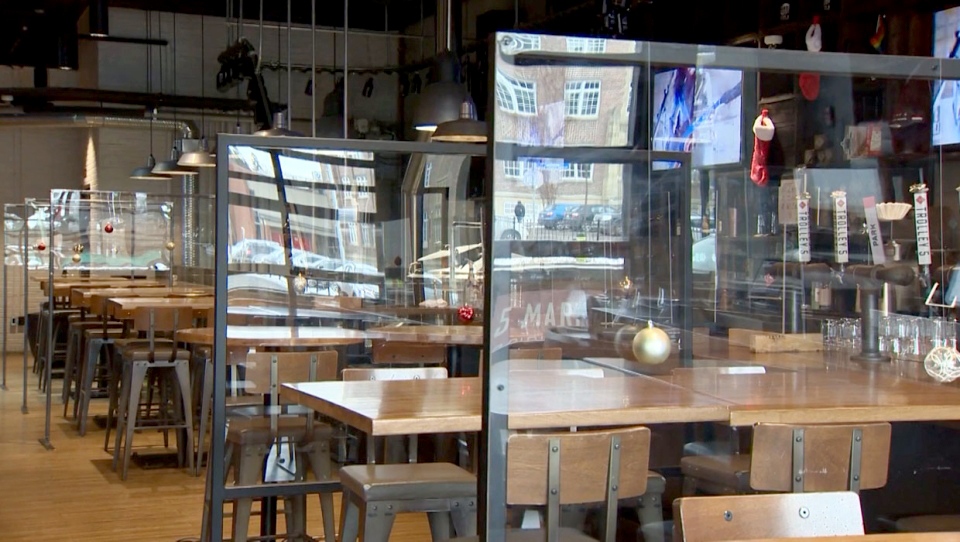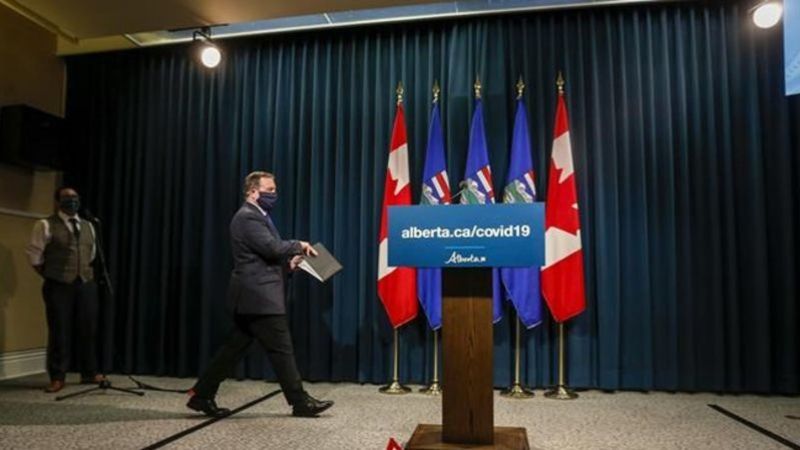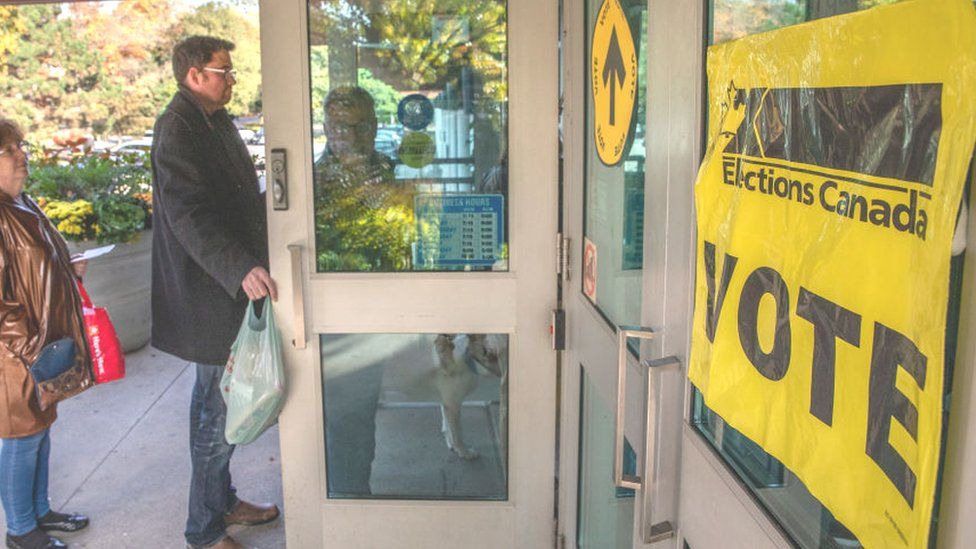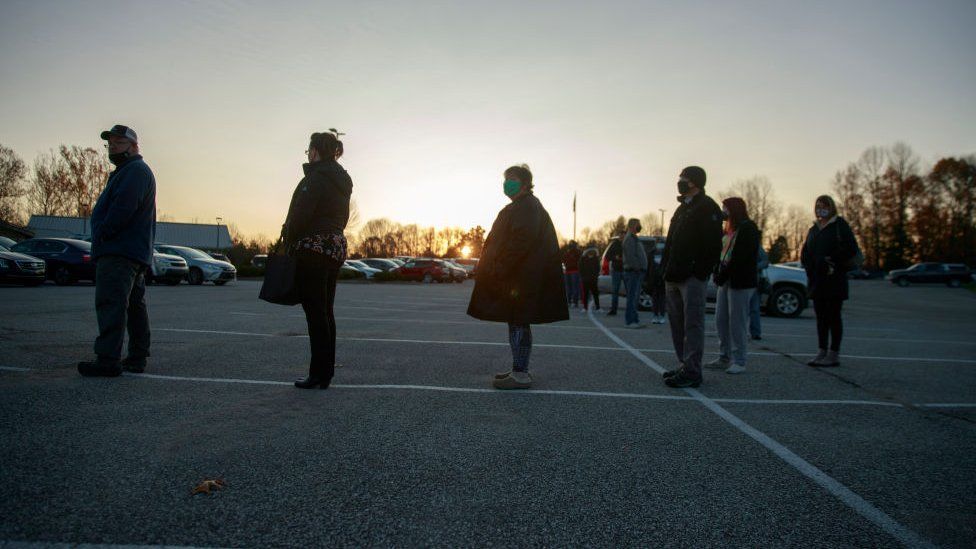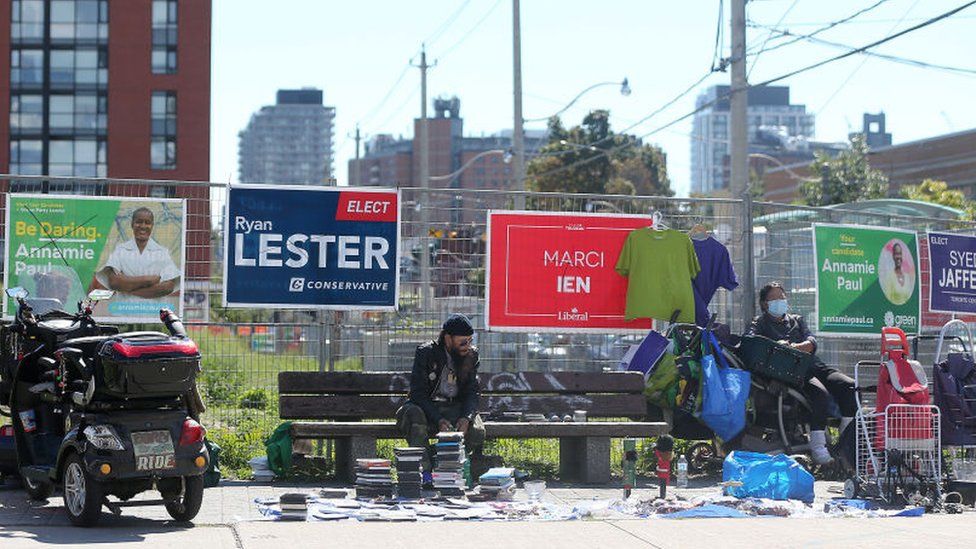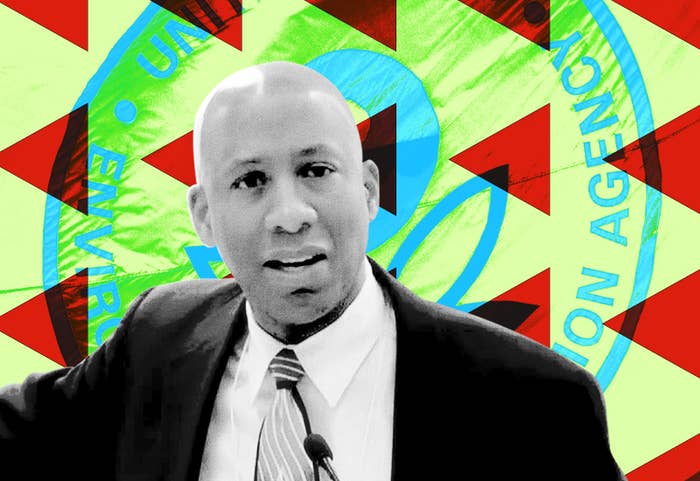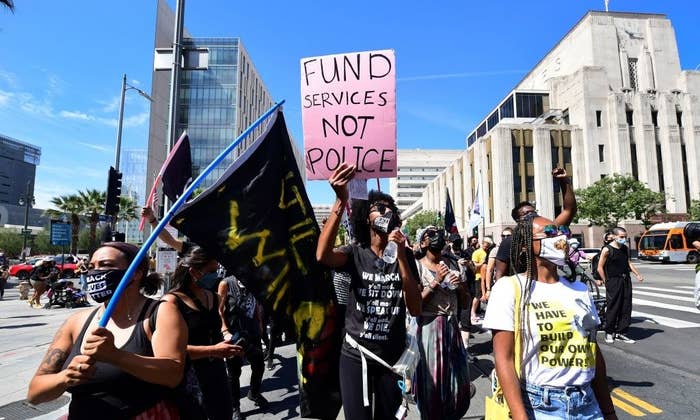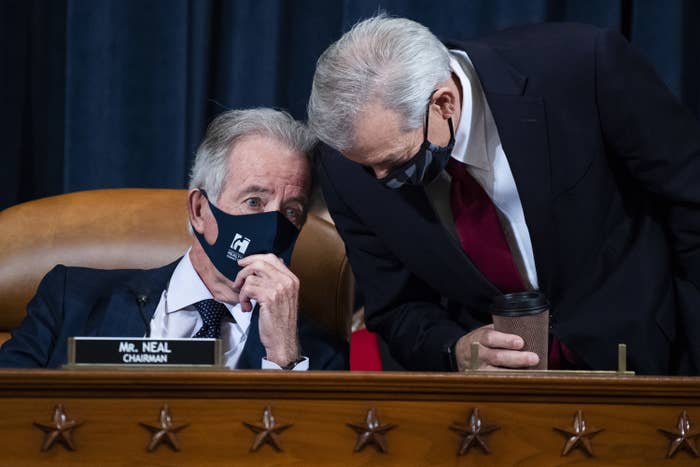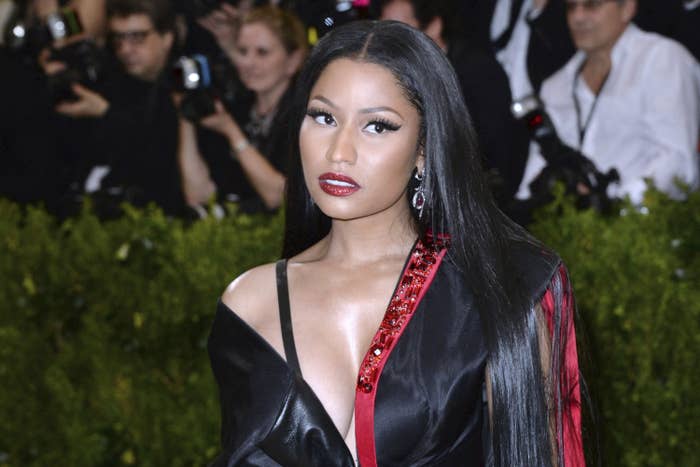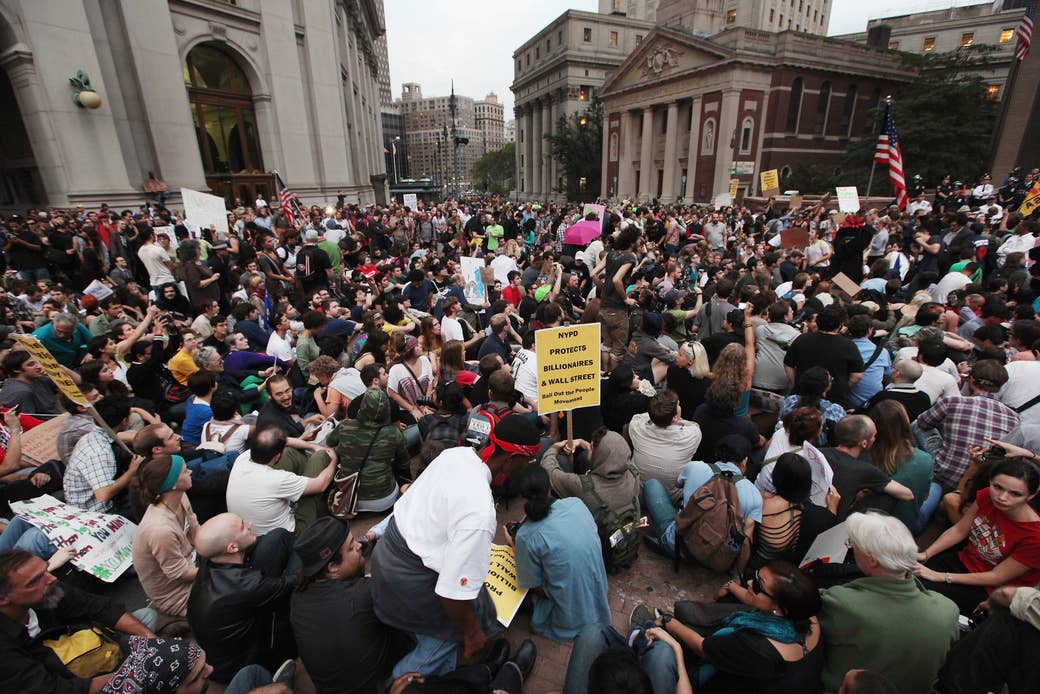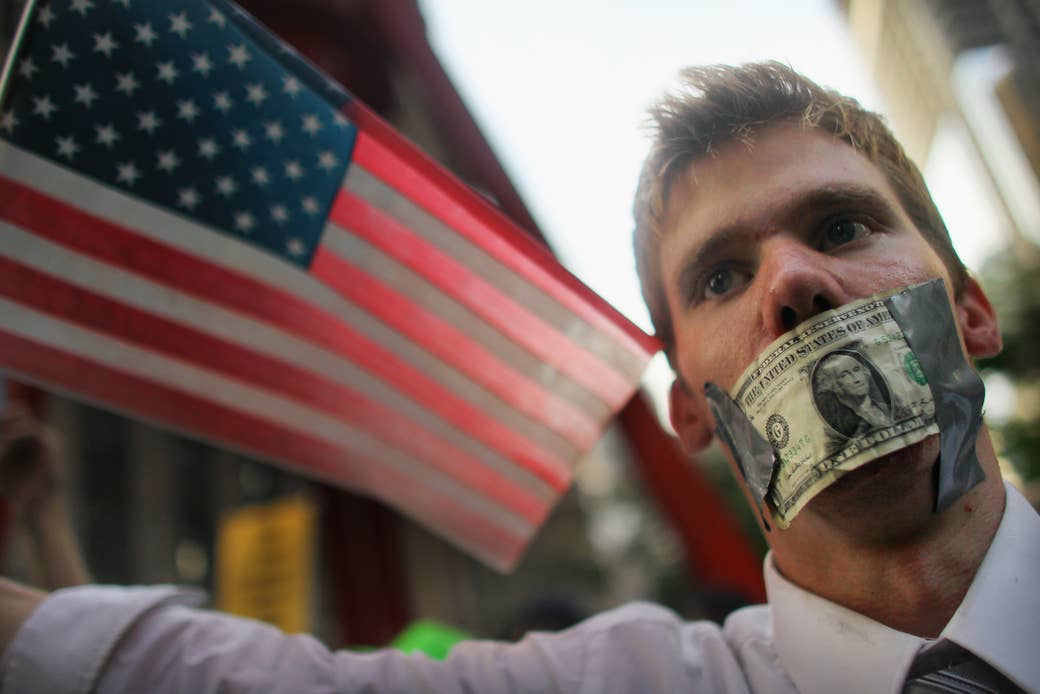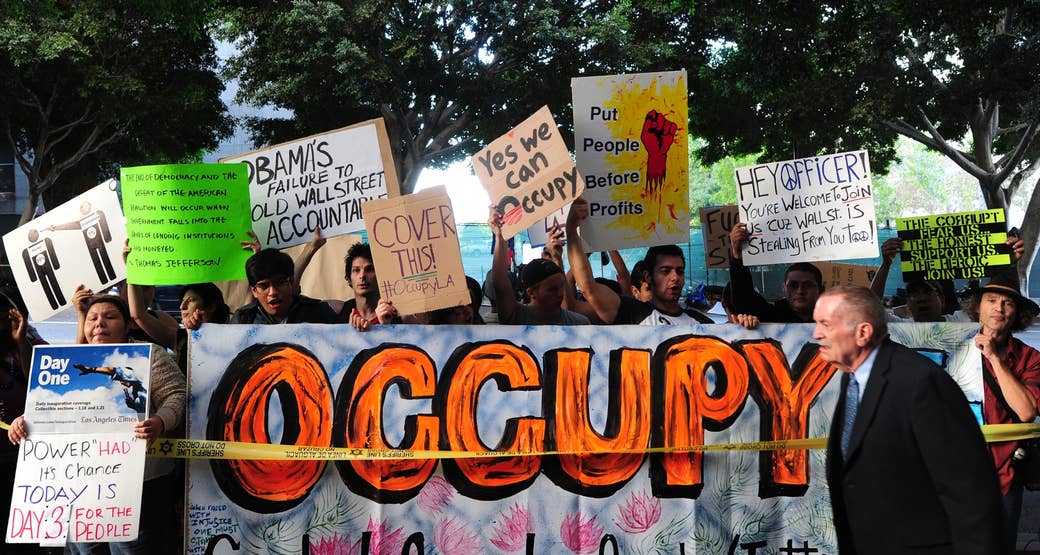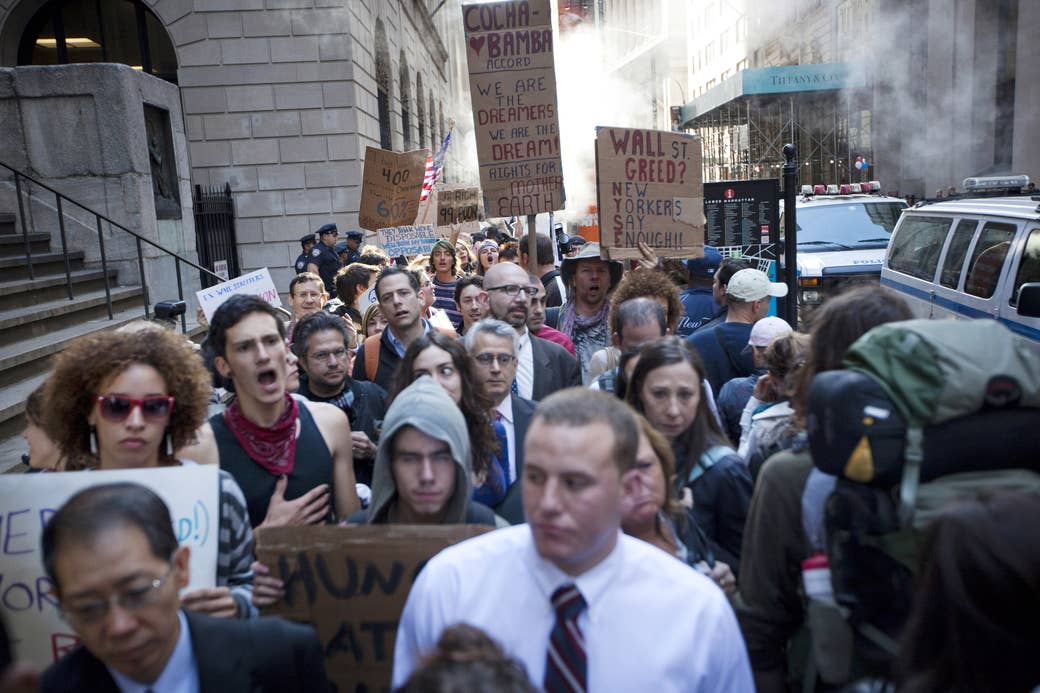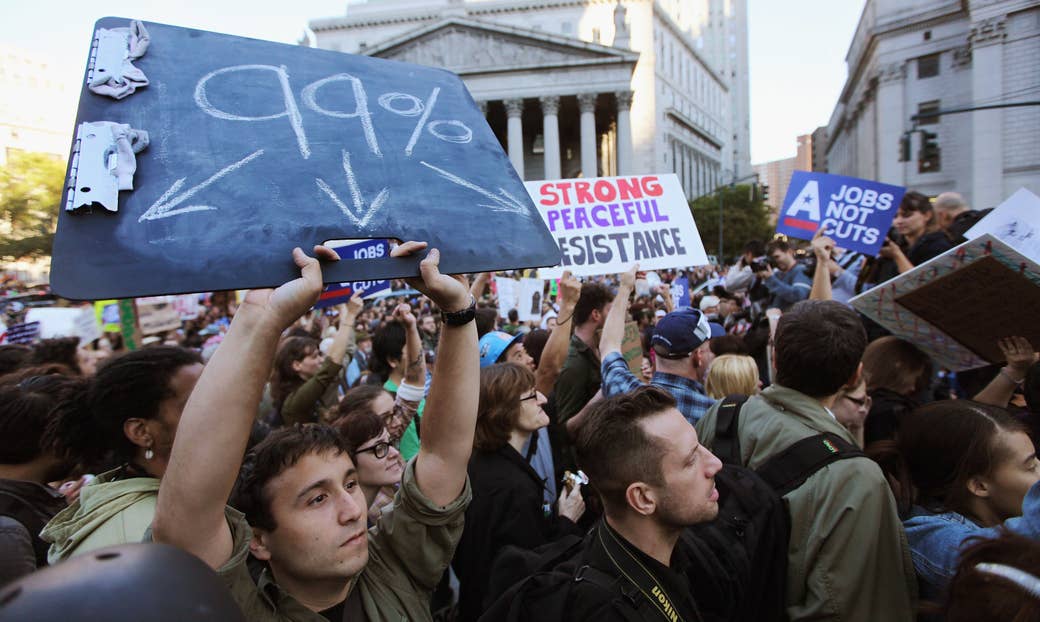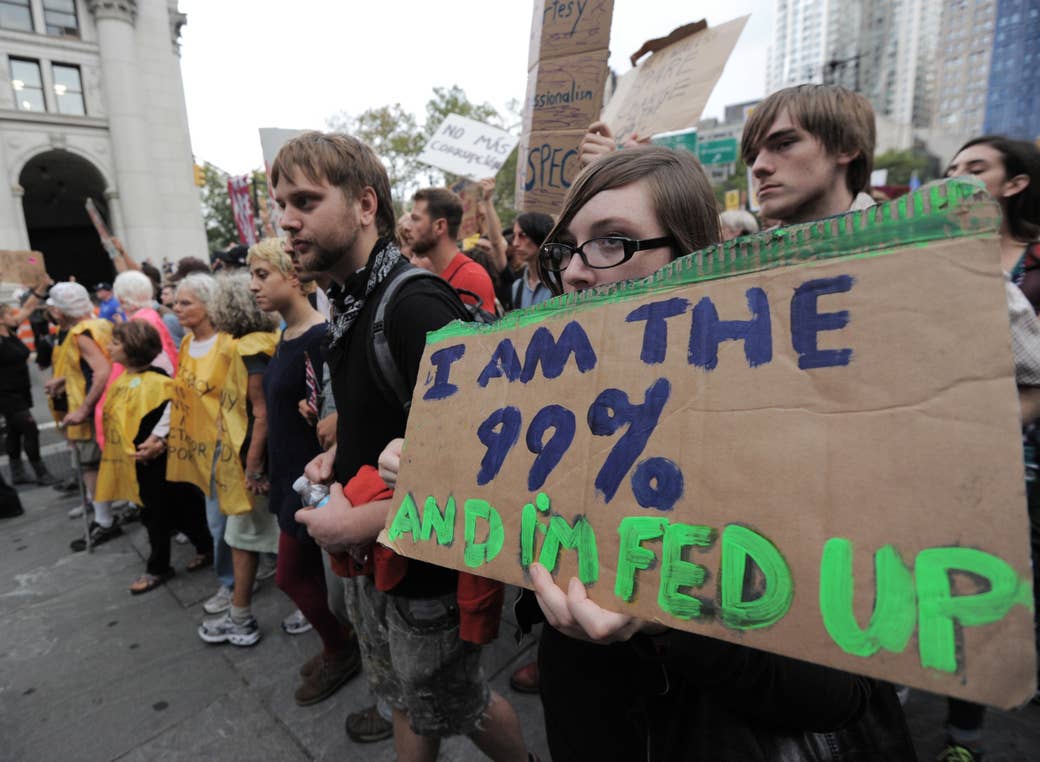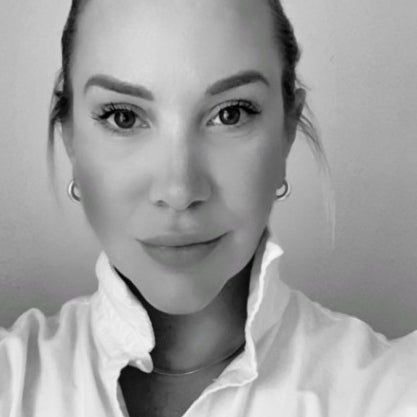HE SHOULD KNOW CALGARY IS ALL UCP MLA'S
Calgary mayor Naheed Nenshi says the UCP government's latest restriction and plan for its style of a vaccine passport is "ridiculous" and "cruel."
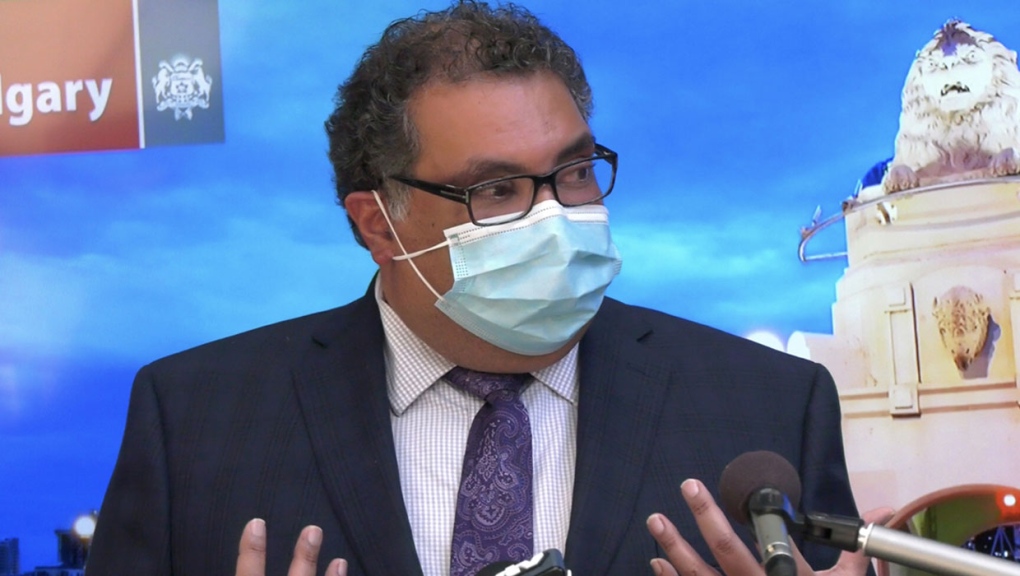
Michael Franklin
CTVNewsCalgary.ca Senior Digital Producer
Follow | Contact
Updated Sept. 16, 2021 10:12 p.m. MDT
CALGARY -
Calgary mayor Naheed Nenshi had some harsh words for Jason Kenney, his government and his most recent policies on combating COVID-19's fourth wave on Thursday.
Speaking on CTV News' Power Play, the mayor of Alberta's largest city said the Kenney government was "the most incompetent he's ever seen."
"The premier apologized in one sentence and he then proceeded to spend an hour justifying all of his decisions rather than being able to move forward," Nenshi said.
He also had tough words over the government's implementation of its restriction exemption program.
"They tried so hard to thread the needle last night because they just refused to say the word 'vaccine passport.' The minister of economic development said 'The term vaccine passport is a made-up term by the media,' whatever that means."
Nenshi also isn't sure about how it works either.
"We think it means if you have a vaccine passport system, we're not going to close you down. If you don't have one – we may or may not," he said.
"It's ridiculous, it's silly, it puts the onus on businesses and frankly, it's cruel. It's cruel to people who want government to do the right thing and it's cruel to business owners who have already been through way too much."
The Alberta government's restriction exemption program comes into effect for restaurants and other venues on Sept. 20.
Nenshi also had a message for the city.
"My message to Calgarians has been (that) I know you're mad, everyone is mad by the way - no one was mollified by the decisions last night - I know you're angry, I know you're disappointed, I know you're sad, but you know what? Put it away in a drawer.
"If you're a business owner," he added, "just pretend they actually put in a (mandatory) vaccine passport and get ready to implement it."
"If you're a citizen," he said, continuing, "feel comfortable supporting small business, because the person sitting at the next table is vaccinated, and support those businesses to the best of your ability.
NO EMPATHY FOR 'BOZOS PROTESTING IN FRONT OF HOSPITALS'
Nenshi, who is in the final weeks of his mayoralty, has made a habit of asking Calgarians to be kind to one another throughout the pandemic, but drew the line Thursday.
"I'm not saying have empathy for the bozos who protest in front of hospitals," he said. "We don't need to have empathy for them anymore - but we should have empathy for the storekeepers, the retail workers, the restaurant servers and those just struggling to get by."
Nenshi added that Calgarians should also feel comforted by the fact that the city has some of the finest emergency management personnel in the world.
"Your city government knows what it's doing," he said.
"We'll take care of you as best we can. And together, we'll get through this.
'I've never seen a government this incompetent': Nenshi blasts province on COVID
Council discussed the COVID situation late Wednesday in the wake of a provincial announcement of sweeping new restrictions to blunt the fourth wave
Author of the article:Meghan Potkins, Madeline Smith • Calgary Herald
Publishing date:Sep 15, 2021 •

Mayor Naheed Nenshi said he’s disappointed with new provincial COVID-19 measures which leave it up to businesses to decide between implementing a vaccine passport system or closing indoor dining.
Nenshi said the province should have simply required Albertans to be vaccinated to visit restaurants, instead of “putting it on the restaurant” to decide.
“It’s cruel,” said Nenshi. “It’s cruel to those entrepreneurs who have already been through so much.”
Council discussed the COVID situation late Wednesday night in the wake of a provincial announcement of sweeping new restrictions to blunt the fourth wave.
The city will participate in the province’s so-called “restriction exemption program” and Calgarians will be required to provide proof of vaccination to access some city services, but there aren’t yet details about what that will look like.
Councillors asked city officials two weeks ago to report back on the issue of whether the city could require vaccines to access some city facilities such as recreation centres. But there’s still ongoing analysis of the latest COVID restrictions, and decisions will come another day.
The city is also planning to require employees be fully vaccinated for COVID, but that policy is not yet fully formed.
Ahead of the province’s update, Nenshi blasted the provincial government on the deadliest day so far of Alberta’s fourth wave of COVID-19 infections.
“I have (worked with) six premiers, two prime ministers, I’ve worked with dozens of big city mayors — some of whom were embroiled in scandal and lots of trouble — and I have never seen a government this incompetent,” Nenshi said Wednesday afternoon.
“People are dying. Families are going through immeasurable grief and pain and this could’ve been avoided.”
Nenshi made the comments on the heels of news that the province was going to address Alberta’s deteriorating COVID-19 situation Wednesday night. Premier Jason Kenney is believed to have been in cabinet committee meetings to discuss a potential response as early as Wednesday morning or early afternoon.
The mayor said the city was waiting to hear what steps the province was taking before council discusses what additional measures could be implemented locally.

Alberta reported 1,609 new cases Wednesday, bringing the total number of active cases to 18,421. Twenty-four new deaths were reported, bringing the province’s total deaths to 2,495 people.
The new deaths include two people in their 40s, one person in their 50s, two people in their 60s, eight people in their 70s and 11 people age 80 or older.
Nenshi said he’s worried that it will take a while for case numbers to come down. He said he visited Foothills hospital on Wednesday morning for an appointment and spoke to health-care workers.
“I heard an earful about how nervous they are about the capacity of the health-care system to manage,” said Nenshi.
“We really have to take strong action and we have no time to waste. We’ve wasted too much time already.”
Confusion from mayor, police, business groups on Alberta restrictions
BY TOM ROSS
Posted Sep 16, 2021

Calgary Mayor Naheed Nenshi wears a mask while speaking to reporters at the Glenmore Dam on Friday, September 4, 2020. (PHOTO: Tom Ross, 660 NEWS)
CALGARY — “Not only have they made things needlessly complicated, I think they’ve been needlessly cruel.”
Those are the words of Calgary Mayor Naheed Nenshi, who is not mincing words after the Alberta government reluctantly introduced more COVID-19 restrictions while the healthcare system is on the verge of a catastrophic total collapse.
During an event on Stephen Ave. on a bright and sunny afternoon, Nenshi said we still have some darker days ahead while everyone tries to understand how to best comply with the new set of rules which includes a vaccine passport system — even if the government won’t call it that.
“Store owners and restaurant operators have been through a lot. And Albertans have clearly said, ‘Give us a simple vaccine passport so that I know that the people at the next table are vaccinated and I’ll feel more comfortable going out for dinner, and don’t close down those businesses. Let those of us who did the right thing, who got vaccinated, have fewer restrictions on our lives’. That’s a very logical and correct thing to say. But instead, what the government did was they put this incredibly confusing set of restrictions and then at the very end said ‘oh, syke, you don’t have to live by those restrictions if you do this!'”
Alberta adopts proof-of-vaccination program for certain services, reinstates strict public health measures
Disastrous miscalculation: Premier and health officer under fire during COVID update
Nenshi criticized how business owners are still being left on the hook to try and grapple with the situation, expressing further disdain towards the lack of clarity on how to enforce the rules. He advises the operators to instead defer to the side of caution, and take part in the restrictions exemption program so they can have the fewest restrictions imposed on them and people can feel safe when they go inside.
But if there is even more confusion that persists, Nenshi said he is prepared to call an emergency council meeting and pass a local bylaw — similar to the face-covering mandate — so it can be more easily enforced within the city.
“Absolutely inexplicably, the Justice Minister unilaterally removed the ability of our peace officers to enforce public health guidelines,” he said. “Now, we have a situation where the mask bylaw can be enforced (by local authorities) because it’s a city bylaw.
“This enforcement question is really important because we always start with education, we don’t like writing tickets. We start with the talk, not the ticket book. The time for education is long over, and it is time for serious enforcement.”
With this all considered, Nenshi said the province should be blasted for the announcement on Wednesday evening that left large portions of the province baffled.
“That press conference will be taught in the annals of communications history as one of the worst public sector communications ever done.”
The general confusion was echoed by law enforcement as well, with Calgary Police Service Chief Constable Mark Neufeld adding they are going to be talking with the province on Thursday to hopefully get a bit more clarification.
“There were things in there like not having unvaccinated members of your family or people visit, so how will we know? And if we start to get complaints about that, whose role will that be and how will we figure that out? Those are exactly some of the questions we will want to get to the bottom of here,” Neufeld said.
Neufeld said they could look at some obvious things, such as how to adjust their workforce to comply with work-from-home orders, but other pieces were quite “complicated.”
Calgarians are advised that they can report concerns, such as a loud party with many people indoors, by calling police or 311 but Nenshi said he doesn’t necessarily want to endorse a situation where people are snitching on their neighbours widely.
Nenshi is hopeful people can take this in stride and be patient as businesses also try to understand the situation.
“If you’re not a bozo, I recognize that you are confused and frustrated and angry and sad and disappointed, I am all of those things too,” he said. “From the very beginning of this, I have talked about clean hands, clear heads and open hearts, and I want to focus back on open hearts. It’s hard to have sympathy for a lot of folks who are doing unbelievably horrific things like protesting at hospitals — and I’m not asking you to have sympathy for those people, I’m not asking you to have empathy for them. What I am asking you to do, is to be kind to one another, to be kind to the people working in the shops and working in the restaurants. I am asking you to support local businesses in the way you feel safe. I am asking you to forget about the province.”
BUSINESS CONFUSION
Members of the local business community are also expressing various concerns about a lack of clear details, and they are hopeful there is more information coming forward in a timely fashion.
“Definitely a lot of unanswered questions,” said Annie Dormuth with the Canadian Federation of Independent Business. “Although the announcement came out, there were very little details on supports for small businesses such as, for example, helping train staff on following this new public health order.”
Dormuth said financial supports may also be needed in this next stage, such as for buying equipment that may be needed to help verify vaccine records.
The timeline is also being criticized, and businesses may be scrambling to get everything worked out in such a short amount of time before the rules are fully implemented on Sept. 20.
“As we advocate for making things as simple as possible is basically the preferred method,” she said. “We’ve seen in the province of B.C, for example, the government gave at least a week’s heads up of how this program or new policy will work for small businesses.”
Consumers will also have to try and get a hold of vaccine records over the next couple of days, and there have been significant technical issues on the government’s website.
Dormuth thinks most businesses will do the right thing, as there is a very large amount of support among the community for a vaccine passport system.
That sentiment echoed by the Calgary Chamber of Commerce, which has long been advocating for a passport system after a poll of its members identified 70 per cent backed the idea.
Calgary Chamber of Commerce wants more clarity around Alberta COVID-19 restrictions
“We’re really happy to see some movement on vaccine certification,” said Director of Policy and Communications Ruhee Ismail-Teja. “At the same time, it is bittersweet. Businesses are faced with quite a bit of uncertainty regarding the recent restrictions, there’s lots of questions to be answered still at this point and that’s causing businesses some frustration and headaches for sure.”
Ismail-Teja said it would have been easier to adopt a province-wide mandate, but without that, she said it will be much easier for businesses to go into the exemption program so they can grapple with the fewest amount of restrictions.
“Businesses do need support from the government on how to bring in the QR code, what sorts of processes will be required on that front, what they should be expecting staff to do, there’s still lots of those pieces to be answered. Once we get clarity on that, there will be a bit more excitement from the business community.”
Ismail-Teja said it will also be very challenging to get all the necessary processes in place before the Monday deadline of implementation.
Both representatives agree that people also need to go easy on businesses for right now, as Ismail-Teja feels pretty confident that the vast majority of businesses will comply with the exemption program and most people should feel safe. She said that the best option for people right now is to get vaccinated if they have not already, and then they can help ensure businesses stay afloat during the fourth wave.
Dormuth added that you shouldn’t rush to take your frustrations out on people who are just doing their jobs.
“If you have grievances or problems with this, do not take it out on the 16-year-old hostess at the restaurant or local business owners that are dealing with so much right now. Contact your local MLA and the provincial government,” she said.
